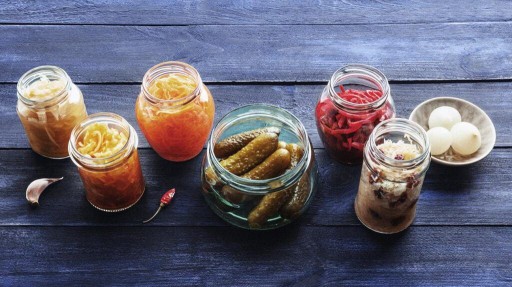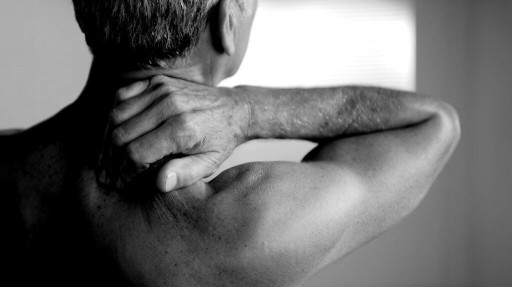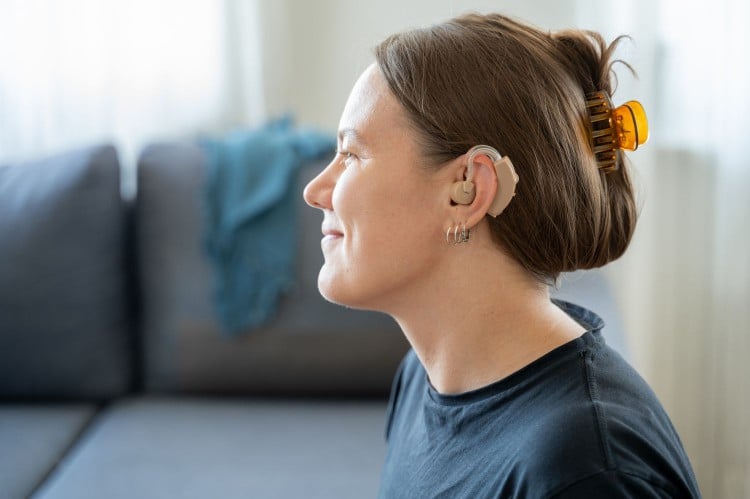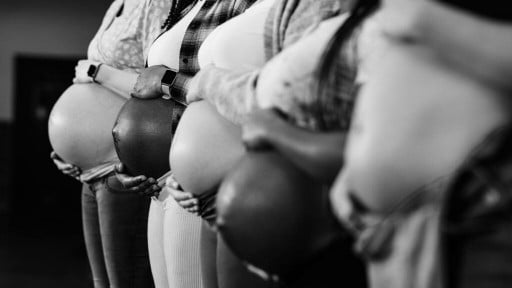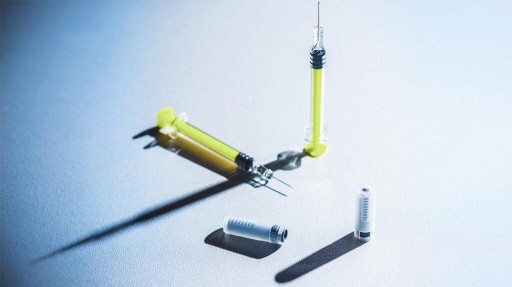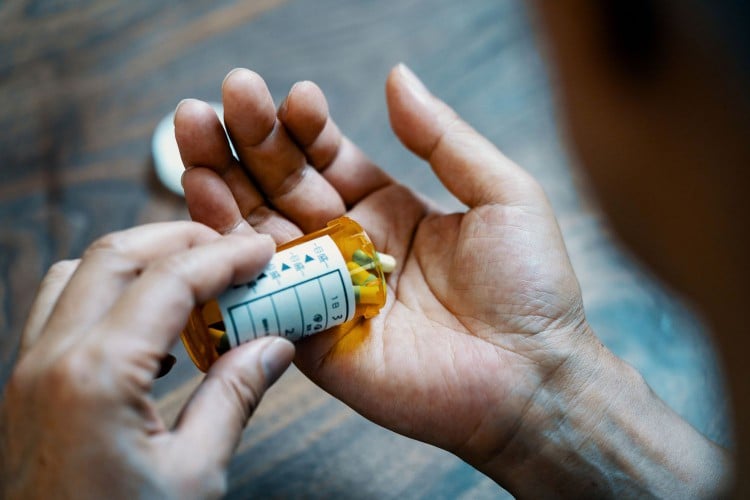Can You Have Too Many Electrolytes?
- Electrolyte drinks have become popular on social media platforms like TikTok.
- Though it's common knowledge that the drinks may help with hydration after an intense workout, many people are suggesting having electrolyte-rich drinks throughout the day.
- For most people, drinking electrolytes regularly is unlikely to cause harm, but some people should avoid the beverages altogether.

RyanJLane/GettyImages
There seems to be a new beverage trend taking social media by storm: electrolyte drinks.
Videos with the tag "#electrolytes" have garnered more than 4.6 million views ok TikTok, with users touting the benefits of adding electrolytes—either in powder or their natural forms—to water to better "absorb" the hydration.
While it's common knowledge that guzzling electrolyte-rich sports drinks such as Gatorade can help with hydration after a sweaty workout, does nursing a tall glass of electrolyte-infused water all day also have benefits? And is it safe?
Here's what doctors said about the benefits and risks of drinking electrolytes if you haven’t been exercising or sweating.
What Are Electrolytes?
Electrolytes are essential minerals that carry an electric charge when dissolved in water. Some key ones in the body include sodium, potassium, chloride, calcium, and magnesium.
The body needs electrolytes for many reasons, including to help nerves function, breathe, to control blood pressure, form bones, maintain proper pH balance, and build protein in cells, Amit Kapoor, MD, chief nephrology officer at Strive Health, told Health.
They are also “essential for maintaining adequate hydration of the cells with proper fluid balance,” he said.
You lose electrolytes in urine, blood, and sweat. If you lose too many or have an excess, the body starts to break down (more on this later).
Do You Need to Drink Electrolytes?
It depends, Osscar G. Galvez, MD, a nephrologist at HCA Florida Mercy Hospital, told Health.
He said that most of us already get the electrolytes we need through our regular diets. Fruits, vegetables, seeds, nuts, and cheese all contain essential electrolytes.
And in healthy people, the kidneys naturally reserve electrolytes if there’s a depletion. “The body on its own will adapt without having to take additional electrolytes,” said Dr. Galvez.
However, he noted that it’s helpful to drink electrolyte beverages in certain circumstances. One would be after a long endurance workout, such as running a marathon, to counter the electrolytes lost through excessive sweating. You would also want to boost electrolyte intake after an extreme bout of vomiting or diarrhea.
Dr. Kapoor said people with chronic conditions, such as eating disorders or kidney disease, may also need to add electrolytes back into their systems. It's the same thing if you have a severe burn, which can deplete electrolytes.
Can You Overdo It on Electrolytes?
While you probably don’t need to sip on an electrolyte drink throughout the day, Dr. Galvez said it’s unlikely to harm you.
“If you drink electrolytes and you have good kidneys, the excessive electrolytes will be eliminated by the kidneys,” explained Dr. Galvez. “In the same way that the kidneys can preserve electrolytes, the kidneys can eliminate electrolytes.”
However, there are some instances in which it can be dangerous to drink electrolytes, said Dr. Galvez.
He explained that people with kidney disease or another impairment to kidney function can't rely on compensatory mechanisms to maintain electrolyte balance, so consuming too much could be harmful.
Additionally, taking electrolytes with your water isn’t a good idea if you have high blood pressure—the sodium in electrolyte powders boosts water retention, which can further raise blood pressure. Drinking electrolyte beverages may also be harmful if you take certain medications that increase electrolyte levels, such as those used to treat high blood pressure.
Internal medicine physician William Queale, MD, told Health that a drink’s electrolyte concentration is the most critical consideration. “Taking in too many electrolytes without enough water can be dangerous,” he said. “The key is to maintain normal electrolyte concentrations—the amount of electrolytes per amount of water.”
Dr. Kapoor said potassium is the most dangerous supplement to have in excess, “given its ability to cause fatal irregular heart rhythms.” Too much sodium can also lead to high blood pressure, swelling, or heart failure in many people, cautioned Dr. Queale.
Signs that you have too many electrolytes in your system include:
- Fatigue
- Muscle aches and cramps
- Nausea
- Vomiting
- Dizziness
- Difficulty breathing
What Should You Do If You’ve Had Too Many Electrolytes?
If you suspect you’ve had too many electrolytes, Dr. Galvez and Dr. Kapoor recommend seeking medical care.
“If you experience any neurological symptoms, like dizziness, breathing difficulties, or irregular heartbeat, this is considered a medical emergency and you should call 911 immediately,” Dr. Kapoor said. “In certain cases it may require immediate lab draws and IV hydration depending on your symptoms and the levels of electrolytes in your blood.”
While hydrating with plain water at home can help, Dr. Galvez warned that it’s important not to overdo it. Extreme dilution of sodium levels can lead to a rare but potentially fatal condition known as hyponatremia.

